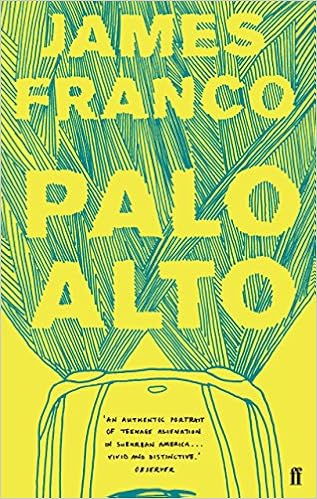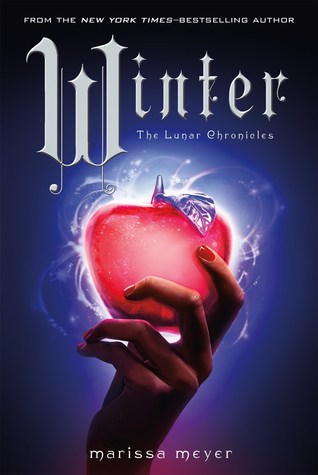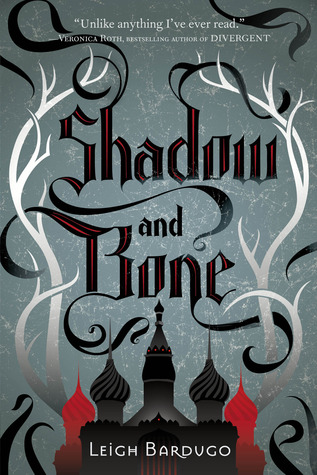 Palo Alto by James Franco
Palo Alto by James FrancoPublished: August 2011 by Faber and Faber
Pages: 224
Palo Alto is the debut of a powerful new literary voice. Written with an immediacy and sense of place Palo Alto traces the lives of an extended group of teenagers as they experiment with vices of all kinds, struggle with their families and one another, and succumb to self-destructive, often heartless nihilism. Franco presents his characters in all their raw humanity, while at the same time providing insight into the teenage mind.
In the classic American tradition of story-cycles such as Sherwood Anderson's Winesburg, Ohio, Palo Alto presents a stark, vivid, disturbing, but, above all, compassionate portrait of lives on the rough fringes of youth.
“Everyone pretends to be normal and be your best friend, but underneath, everyone is living some other life you don't know about, and if only we had a camera on us at all times, we could go and watch each other's tapes and find out what each of us was really like.”When it comes to short stories, I am always a bit hesitant. It could always go in so many directions, because you cannot really expect what you're going to read. After having read the reviews and the blurb on the back, Palo Alto is supposedly a book about American teenagers living their suburban lives. Having lent the book from someone, he told me to not have very high expectations. I am glad I listened, because this book can be described with three key words: dry, vague and weird.
To break down every single story would not be possible, simply because most of them did not have a steady plot. There were some where nothing really happened, and were just fragments taken out of normal teenage lives. It was safe to say that this was the only aspect I liked, as most teenagers are not chosen ones or go on a magical and life-changing adventure. However, I felt like I had read all of them by the time I got to the second half of the book. Generally the same themes are handled in all of the stories, and after a while it just seemed like they kept getting recycled. Despite all this, I did have my favourites, such as American History and Lockheed.
I liked how Franco tried to connect his stories, however with the emphasis on tried. A handful of characters also appeared in other stories, but there was no real connection. In fact, it was more like a familiar name appeared every now and then. A nice try, but after a few stories I wasn't paying attention anymore.
If I had to sum up my biggest Palo Alto pet peeve, I would go straight for Franco's writing. So yes, he is a director and a screenwriter, but this is still his debut novel. As someone who loves flowing writing with some lyrical hints here and there, I did not love this. This book is a collection of short, dry sentences which lacks one of the most important writing rules: show, don't tell. I believe I cannot count on both hands how many times I read: "He was excited", "She was angry", etc. It came across so dry that it made both the stories and the characters very superficial.
The characters are one by one quite flat and one-dimensional. Although Franco is trying to portray the lives of normal American teenagers, I got the feeling they were stereotypical delinquents. The black gangs, the nerd, the slut, the asshole, they were all there. Fortunately, it didn't bother me as much as I thought it would.
In a nutshell: Franco's short stories about American teenage lives wasn't exactly what I pictured it to be. After my encouter with superficial and weird stories, bad writing and one-dimensional characters, I would rather go back to my chosen ones and magical adventures.









